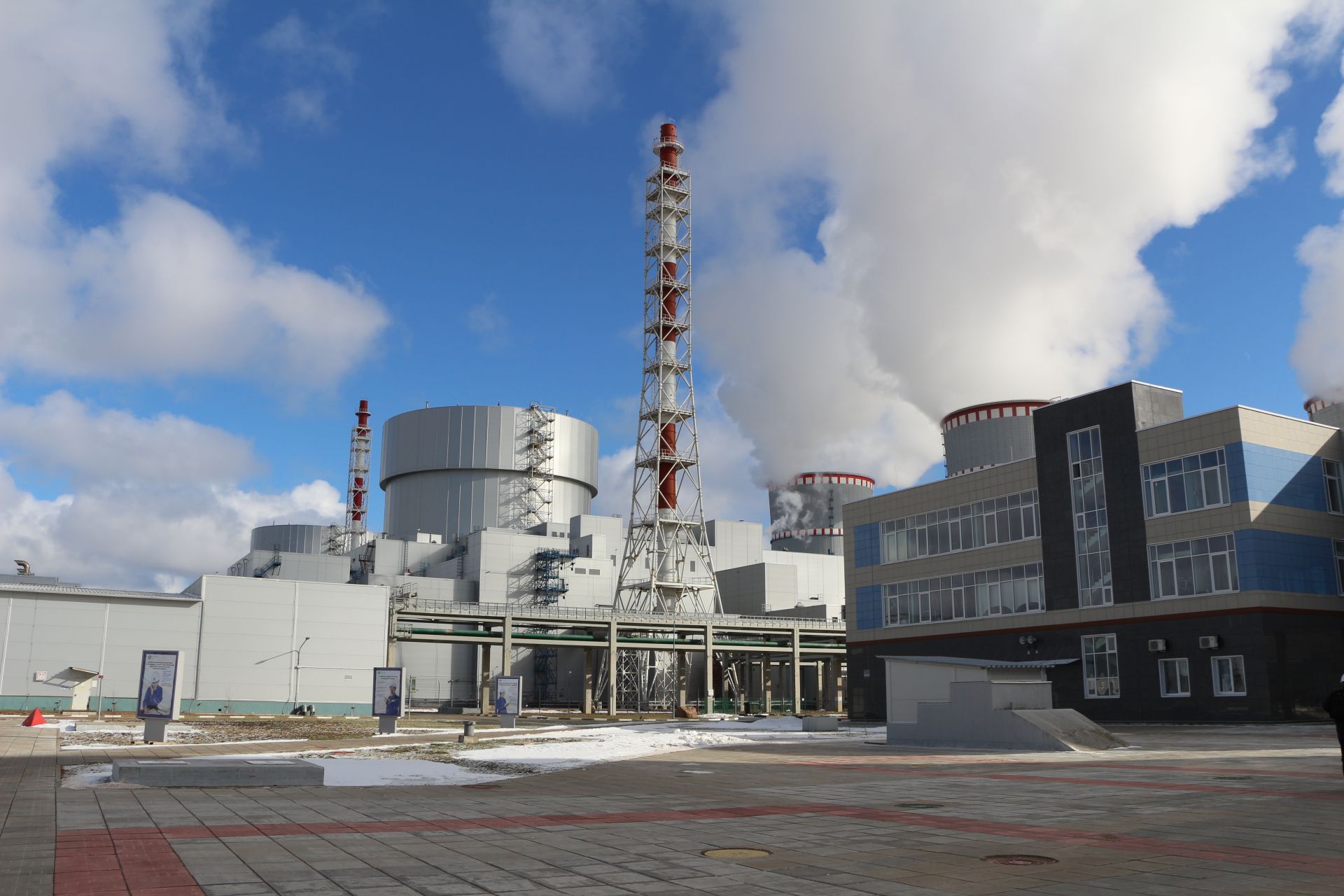In response to House Democrats’ introduction on March 2 of a massive energy bill, the CLEAN Future Act, Republicans on the House Energy and Commerce Committee have unveiled their own, more modest energy agenda—a package of existing legislation that they say would “secure America’s energy future and global competitive edge against China.”

McMorris Rodgers
According to a March 15 press release from the committee’s ranking member, Rep. Cathy McMorris Rodgers (R., Wash.), along with Reps. Fred Upton (R., Mich.) and David McKinley (R., W.Va.), the GOP plan will address climate change risks and spur the development and deployment of clean energy infrastructure without the “pie-in-the-sky” mandates, regulations, and federal government spending advocated by the Democrats.
What they’re saying: “This package will modernize and improve our energy infrastructure and promote an all-of-the-above energy strategy across the board, including solutions to unleash innovation in hydropower, nuclear, clean coal, and natural gas,” the Republican lawmakers state. “These are real, workable solutions to make energy cleaner, reduce emissions, prioritize energy security, and keep energy costs low.”









 A new technical report from Montreal-based SNC-Lavalin finds Canada’s stated goal of net-zero carbon emissions by 2050 to be achievable but stresses the importance of immediate action and investment in all forms of low-carbon energy production, including nuclear, hydro, renewables, carbon capture and storage, and hydrogen.
A new technical report from Montreal-based SNC-Lavalin finds Canada’s stated goal of net-zero carbon emissions by 2050 to be achievable but stresses the importance of immediate action and investment in all forms of low-carbon energy production, including nuclear, hydro, renewables, carbon capture and storage, and hydrogen.




 Nuclear power is an important component in the fight against climate change, but independent regulation is needed to gain the public’s---and governments'---trust, according to a March 6 article in The Economist, “
Nuclear power is an important component in the fight against climate change, but independent regulation is needed to gain the public’s---and governments'---trust, according to a March 6 article in The Economist, “